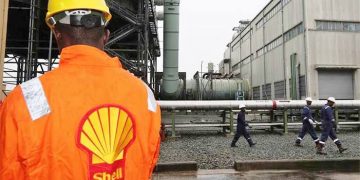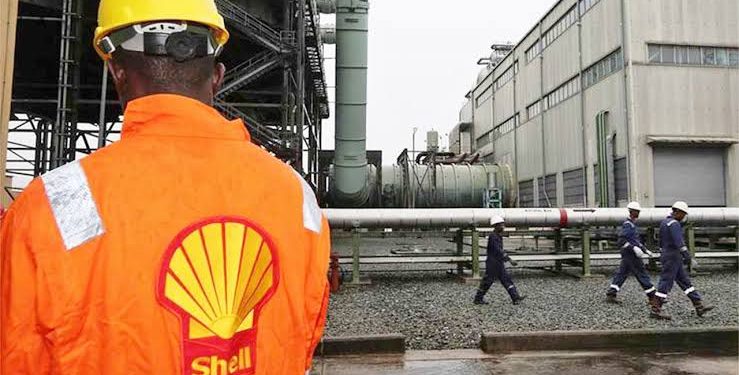By John Ikani
Shell has announced its intention to offload its majority stake in a local South African downstream unit following an extensive assessment of its global downstream and renewables ventures.
The global oil titan’s exit from South Africa marks the conclusion of an illustrious chapter spanning more than a century.
The downstream domain, comprising refining, distribution, and retail fuel sales, has long been a pillar of Shell’s presence in South Africa, boasting a network of approximately 700 service stations nationwide.
“In light of our evaluation, Shell has opted to reshape its downstream portfolio and plans to divest our interest in Shell Downstream SA (SDSA). Given SDSA’s storied history, this decision was made after careful deliberation,” the company announced in a statement on Monday.
Shell’s departure comes amidst reports by City Press and Sunday Times hinting at its departure from South Africa.
The reports also shed light on a disagreement over separation terms with its empowerment partner, Thebe Investment Corporation, linked to the ruling ANC through its majority shareholder, the Batho Batho Trust.
Shell encountered a setback in 2022 with the closure of the Sapref refinery, a joint venture with BP.
Efforts to offload the refinery to the government’s Central Energy Fund were derailed by severe flooding that inflicted significant damage to the facility.
“Throughout our extensive tenure in South Africa, spanning over 120 years, Shell has left an indelible legacy. We’ve played a crucial role in nation-building by providing essential energy solutions, fostering inclusivity, and making meaningful contributions to society through our social initiatives.
“In addition, we’ve established one of South Africa’s most iconic and beloved brands,” the company asserted.
“As we embark on the divestment journey, our paramount concern is to safeguard the operational capabilities of Shell Downstream South Africa, uphold the visibility of the Shell brand, and ensure the optimal outcome for our employees and customers in South Africa under new ownership.”



































